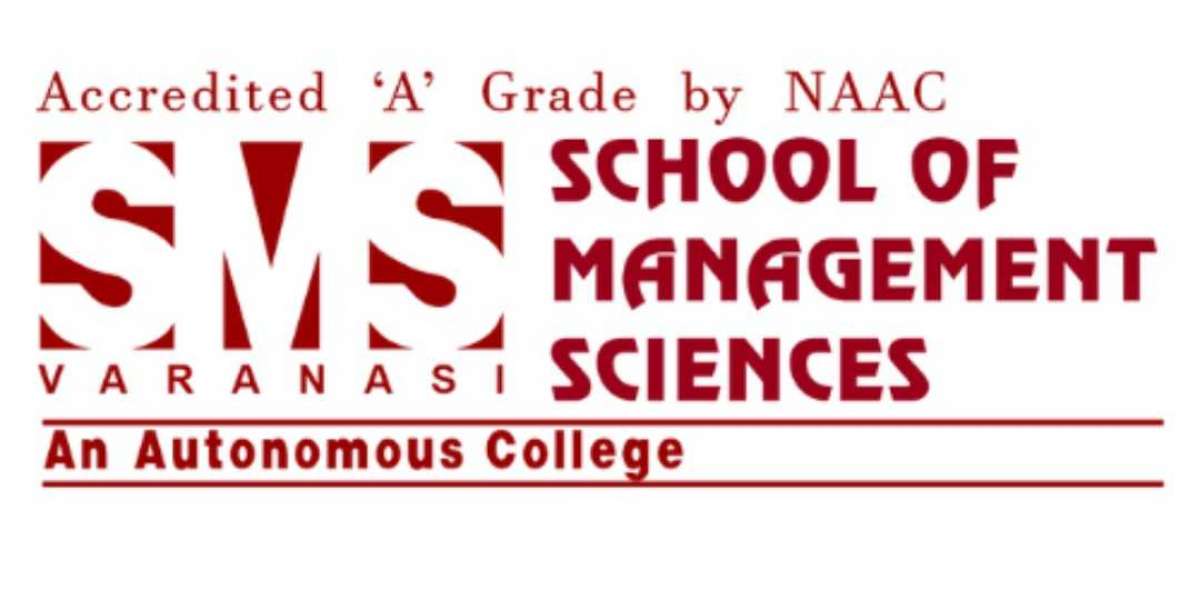The fields of auditing and accounting are closely related yet distinctly different in scope, objectives, and responsibilities. When comparing auditing vs accounting, it's essential to recognize that while both rely heavily on financial acumen, they diverge significantly in day-to-day operations. Accounting focuses on recording, summarizing, and reporting financial transactions. Auditors, on the other hand, examine these records to ensure accuracy and compliance with laws and regulations.
Because of this interdependence, many professionals find themselves intrigued by the possibility of switching careers within these fields. Whether you're an accountant curious about auditing or an auditor interested in accounting, understanding the distinctions and overlaps is the first step toward a successful career switch.
Why Professionals Consider Switching
Career transitions between accounting and auditing are not uncommon. Several motivations drive such changes, including the desire for new challenges, broader professional development, better work-life balance, or a more investigative job role. In the auditing vs accounting comparison, each field offers unique advantages.
Accounting roles tend to provide structured work environments and predictable workflows. This appeals to individuals who value consistency and detail-oriented tasks. On the other hand, auditing, particularly in external firms, may offer more variety, travel opportunities, and client interactions, appealing to those who thrive in dynamic and analytical environments.
Professionals may also consider switching due to evolving career goals. An accountant aiming for a role in corporate governance might pursue auditing to gain risk-assessment skills. Conversely, an auditor looking for a steadier office-based job may transition into accounting.
Skill Overlap and Transferable Knowledge
Despite their differences, accounting and auditing share a substantial skillset, making career mobility more accessible than one might expect. At the core of both professions are strong analytical abilities, meticulous attention to detail, and deep knowledge of financial systems and standards.
Understanding this overlap is crucial when navigating a career switch. For example, accountants already adept in preparing financial statements have a strong foundation for auditing those same statements. Similarly, auditors familiar with compliance and controls can apply that knowledge to ensure accurate accounting practices within organizations.
The key to a smooth transition is leveraging these shared competencies while being open to learning the nuances of the new role. Whether it's mastering auditing software or gaining a deeper grasp of tax regulations, bridging the gap requires focused professional development.
Education and Certification Considerations
When evaluating auditing vs accounting as career paths, certifications play a vital role in career advancement and mobility. Accountants often pursue credentials like CPA (Certified Public Accountant), while auditors may seek additional qualifications such as CIA (Certified Internal Auditor) or CISA (Certified Information Systems Auditor).
If you're considering switching from accounting to auditing, holding a CPA can still be advantageous, as it demonstrates a strong foundation in accounting principles. However, adding an audit-specific certification can boost credibility and open more specialized doors.
On the flip side, auditors looking to transition into accounting might find it beneficial to complete continuing education courses in taxation, managerial accounting, or ERP systems. These credentials and upskilling efforts send a clear message to employers that you’re serious about your career move.
Navigating the Job Market
Transitioning careers means understanding not only the technical requirements but also the expectations of prospective employers. Crafting a compelling resume that highlights relevant experience, regardless of your current title, can be a game-changer.
For instance, if you're an accountant applying for an audit position, you can emphasize your experience in financial reporting, reconciliations, and compliance with accounting standards—core areas auditors review. Similarly, an auditor aiming for an accounting role should spotlight their knowledge of internal controls, financial analysis, and exposure to diverse industries.
In the ongoing debate of auditing vs accounting, employers value candidates who can demonstrate how their existing experience will add value in the new role. Tailoring your applications accordingly and being prepared to explain your transition clearly in interviews can significantly enhance your success.
Challenges to Expect and How to Overcome Them
Switching between accounting and auditing is not without its challenges. One common hurdle is adjusting to different workflows and expectations. Accountants transitioning into auditing may need to get used to tight audit timelines, client interactions, and a questioning mindset. Meanwhile, auditors moving into accounting might need to embrace repetitive yet highly detail-driven tasks that form the backbone of financial reporting.
Another challenge is changing perception. Hiring managers may initially question your suitability if your background doesn’t fully align with the job description. Overcoming this requires persistence, strategic networking, and sometimes accepting entry or mid-level roles to get your foot in the door.
Mentorship, online courses, and on-the-job learning can be powerful tools to ease the transition. By actively seeking feedback and remaining open to growth, professionals can quickly become proficient and even excel in their new career trajectory.
Long-Term Career Outlook
The career potential in both fields is strong, with each offering multiple pathways for specialization and leadership roles. In accounting, professionals may grow into positions like Financial Controller or CFO. In auditing, pathways may lead to roles such as Audit Manager, Compliance Officer, or even Chief Risk Officer.
The broader financial industry continues to evolve with digital transformation and regulatory changes. As a result, both fields are expanding to include areas like data analytics, forensic accounting, and ESG auditing. This evolution makes the auditing vs accounting comparison even more dynamic and opens up fresh opportunities for those willing to pivot and adapt.
Ultimately, the decision to switch careers between auditing and accounting is deeply personal. Success depends on clarity of purpose, proactive learning, and the courage to step outside your comfort zone.
Conclusion
Switching careers between auditing and accounting can be a strategic move, offering professionals new perspectives, skills, and opportunities. While the paths are distinct, they are also interconnected, allowing for fluid movement with the right preparation. In the landscape of auditing vs accounting, both fields remain critical pillars of the financial world, and navigating between them can be a rewarding experience when approached with intention and adaptability.
Read Also: The Role of Fake News How to Spot It?








